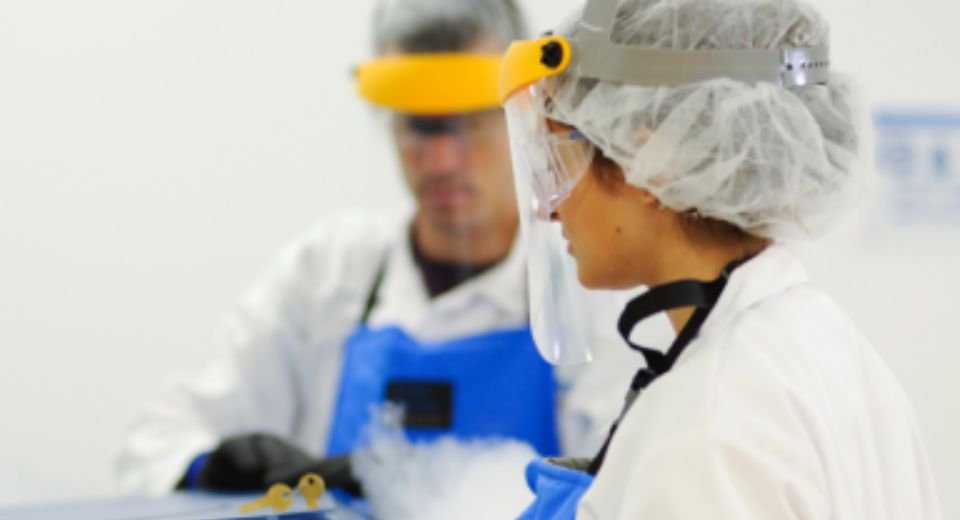HQ Team
June 11, 2025: The US drug regulator has put on hold two trials of Gilead Sciences Inc., testing a combination of two of its investigational HIV treatments, after some patients developed lower immune cell counts.
Gilead Sciences is testing new experimental drugs, called GS-1720 and GS-4182, that are meant to treat HIV. These drugs are still under study and have not yet been approved for use, according to a company statement.
The US Food and Drug Administration (FDA) stopped several of Gilead’s ongoing clinical trials involving these drugs.
Some patients who took the combination of these two drugs showed a decrease in certain important immune cells called CD4+ T-cells and lymphocytes.
Fight infections
These cells are crucial for fighting infections, especially in people with HIV, so a drop in their numbers can be a warning sign that the immune system might be getting weaker.
CD4 cells are a type of white blood cell that helps the immune system fight infections. Normally, a healthy adult has about 500 to 1,200 CD4 cells per cubic millimeter of blood.
When this count drops below 500, the immune system is weakened, and if it falls below 200, it usually means the person has progressed to AIDS, which carries a high risk of serious infections and cancers.
In an HIV patient, a low CD4 count shows that the virus is damaging the immune system. Treatment aims to increase or stabilise these counts to protect the patient.
Opportunistic infections
If CD4 counts continue to nosedive, doctors may change medications and start preventive treatments to avoid opportunistic infections.
A significant decline in CD4 counts—even in patients whose HIV is otherwise controlled—has been linked to higher risks of cardiovascular disease, cancer, and death.
The FDA wants Gilead to investigate further before continuing the trials. The hold affects five trials, including two large studies comparing this new drug combo to an existing HIV treatment called Biktarvy, as well as three smaller early-stage studies.
Clinical trial investigators involved in the trials have been informed of these actions, according to the statement.
“GS-1720 and GS-4182 are investigational agents and have not been approved anywhere globally. We intend to investigate and pursue the potential of both agents and are committed to working with regulatory authorities to resolve the issues underlying the clinical hold.”
The clinical hold does not affect Gilead’s other HIV medicines or drugs that the company is developing for HIV treatment and prevention, according to the statement.
